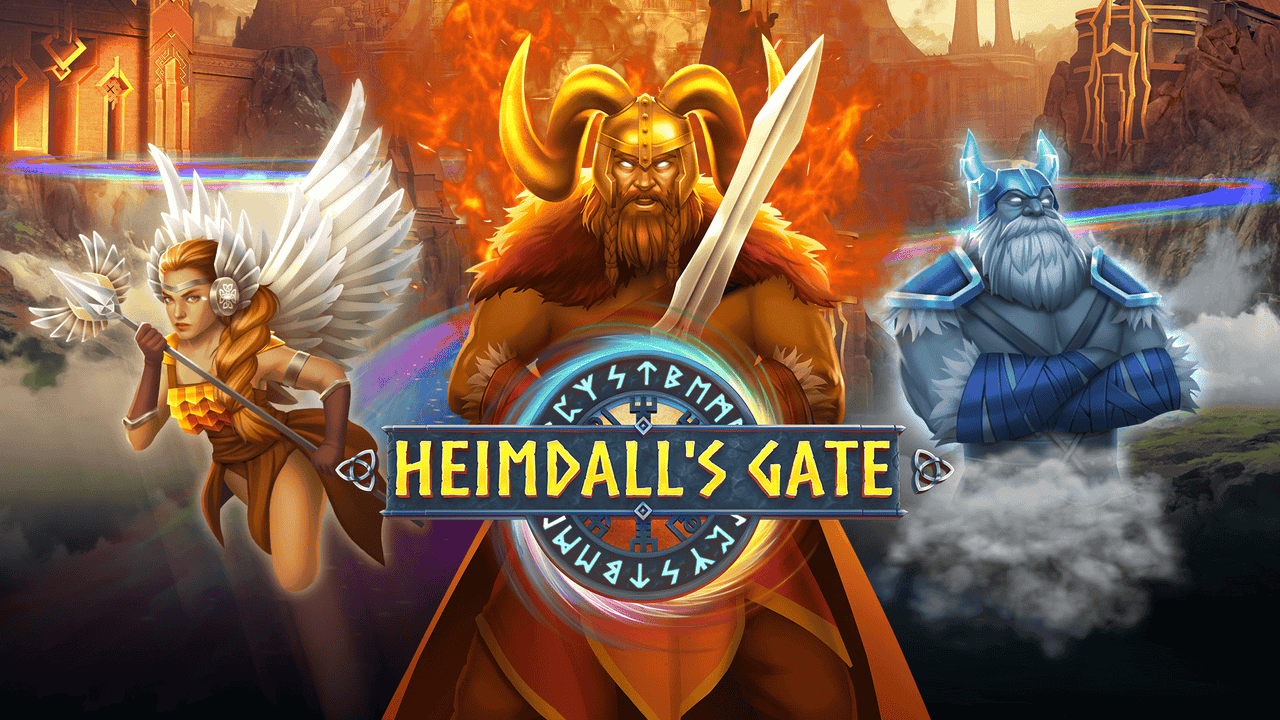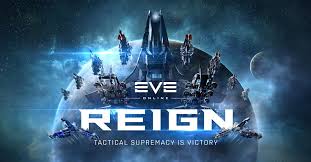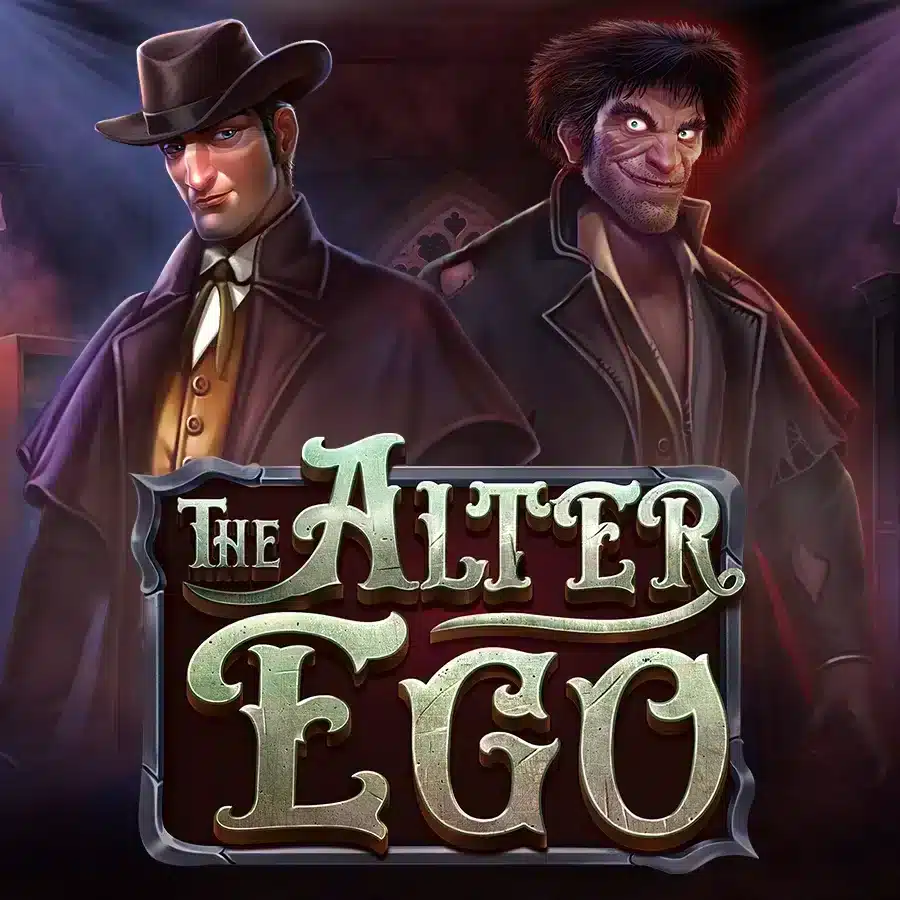The Origins of God of War
The God of War franchise has solidified its place as one of the most iconic and influential series in the gaming industry. With its rich narratives, complex characters, and breathtaking visuals, it captivates both newcomers and veterans alike. From the original game that introduced players to the fierce Spartan warrior Kratos to the latest installment exploring Norse mythology, the journey of God of War is nothing short of epic. This article delves into the intricate world of God of War, examining its evolution, themes, character arcs, and the impact it has made on the 789win gaming landscape.
The Origins of God of War
The God of War series first emerged in 2005, developed by Santa Monica Studio and published by Sony Computer Entertainment. The game’s conception was rooted in Greek mythology, allowing players to engage with the pantheon of gods, titans, and mythical creatures in a way that had never been done before in video games.
The Birth of Kratos
Kratos, the central figure of the series, was created not just as a powerful warrior but as a deeply flawed character haunted by his past. His tragic backstory involves the loss of his family due to his own reckless actions, setting the stage for a quest filled with vengeance and redemption.
His character design was striking; white skin, red markings, and chains that represented his bondage to the gods encapsulated his struggle against fate. This visual representation quickly became emblematic of God of War.
Kratos’ journey reflects not only a physical battle against gods and monsters but also an emotional one. Players are drawn to his anger, pain, and relentless pursuit of justice, making him relatable despite his often brutal methods. As players navigate through the narrative, they witness a profound exploration of grief, guilt, and the consequences of one’s actions.
Narrative Depth and Mythical Foundations
One of the defining features of the God of War series is its intertwining of personal stories with grand mythological tales. The original trilogy follows Kratos as he seeks revenge against Ares, ultimately battling other gods like Poseidon, Hades, and Zeus.
The integration of real mythological elements adds depth to the story. Each god and creature encountered has its roots in ancient myths, which players may recognize from literature or history. This connection not only enriches the gameplay experience but also allows for educational undertones, as players learn about these figures while engaging in combat and puzzle-solving.
Moreover, the developers took creative liberties, reimagining these myths to fit Kratos’ story. This blend of fiction and reality creates an immersive experience, inviting players to explore the nuances of morality, power, and consequence.
Gameplay Innovations
When God of War was released, it revolutionized action-adventure gameplay. Featuring a combination of hack-and-slash combat, platforming elements, and challenging puzzles, the game demanded skill and strategy from players.
The introduction of the Blades of Chaos – chained weapons that allowed for fluid motion and devastating combos – set a new standard for combat mechanics. Players could unleash powerful combos while maneuvering through beautifully crafted environments.
- Winning Strategies for Heimdall’s Gate Slot - April 5, 2025
- Understanding the Core Mechanics of VeloruDialinvest International N.V. Game - March 31, 2025
- Strategies for Winning Big on The Alter Ego Slot - March 31, 2025




17,449 comments